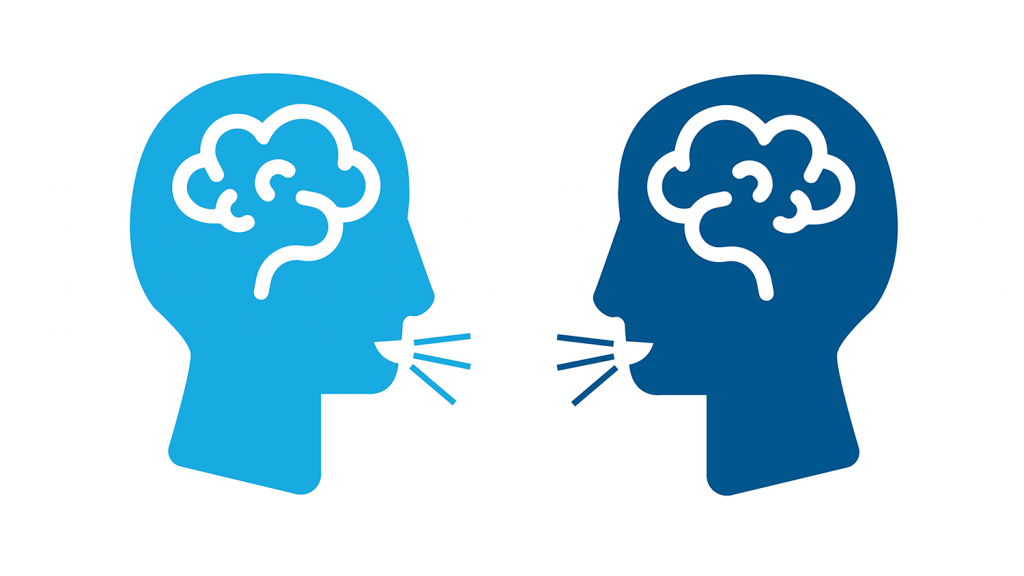We all have mental health. It’s the deciding factor when it comes to our wellbeing. It determines how we’re able to operate emotional, physically and socially. Good mental health is an asset that helps us to thrive in life, yet unfortunately 1 in 4 adults experience mental health problems.
Nurturing your mental wellbeing will not only improve your day-to-day life, but it’ll also help to tackle any physical health problems which can be directly linked to your mental wellbeing. At InVentry, we’re dedicated to helping our employees look after their mental health, which is why we’re passionate about raising awareness and getting us all talking and moving more!

But we’re also dedicated to helping out our wider community, which is why we’ve gone ahead and listed some useful tips below to help you stay on top of your mental health!
Get Active
Studies show that moving more can dramatically improve your mental health, boost your self-esteem, help you concentrate and even sleep better. Just 30 minutes of walking every day can help boost your mood and improve your overall health.
Make Sleep a Priority
During sleep, your brain is working to recharge your body and mind, which is why, even as adults, we need plenty of it! It’s recommended you get between 7 and 9 hours of sleep every night, so stick to a schedule to help you stay on track and make sure you reduce your screen time before your head hits the pillow.
Look after Yourself
Eating healthy and regular meals whilst ensuring you stay hydrated can improve your energy and focus throughout the day and in turn, contribute to good health.
Try a Relaxing Activity
Take the time out to relax your mind, from breathing exercises to meditation, reading or enjoying a quiet soak in the tub. Taking the time out to focus on yourself will give your mind a chance to relax and recharge.
Talk
Remember that there’s always someone available to talk. Whether this is a friend, family member or even a trained professional who can provide emotional support and advise on practical help; you’re not alone.



